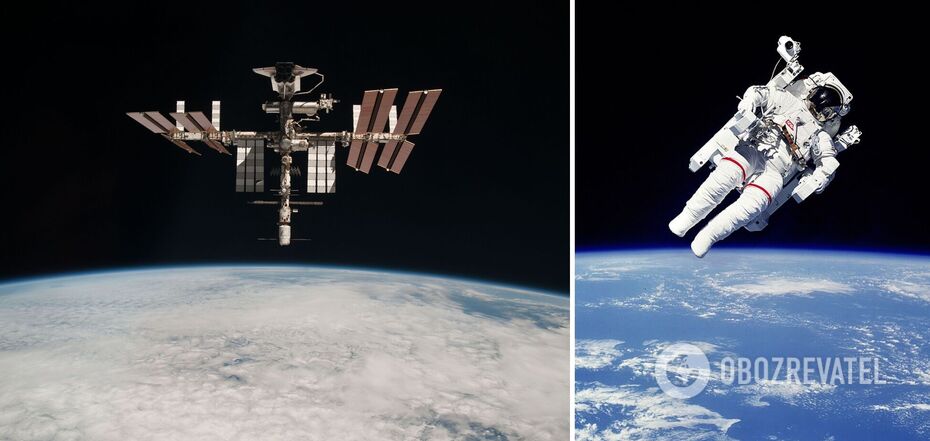Life
Astronauts on the ISS have a genetic glitch: what scientists have learned and what the dangers are
Humanity should probably not even attempt distant space travel, at least not in the next few generations. A new study involving astronauts aboard the International Space Station has found that space has a very negative effect on the immune system, making people in space very vulnerable to infection and disease.
This is according to a study published in the journal Frontiers in Immunology. Participants in the study were 14 astronauts who had been on the ISS for 4.5 to 6.5 months.
During that time, they were found to have significantly reduced gene activity in white blood cells (leukocytes), which are crucial to the immune system.
It turned out that the space trip caused the genes in these cells to lose the ability to decipher genetic information to synthesise functional products, such as RNA molecules and proteins. However, the genes' functions were restored when they returned to Earth.
This gives scientists new insights into why astronauts are more susceptible to infections during flights.
The study's lead author, molecular biologist Odette Laneville, from the University of Ottawa in Canada, pointed out that weakened immunity not only makes astronauts more vulnerable to infectious diseases, but may also lead to their inability to perform very demanding work in space.
Laneville also recalled that the very fact of being in space obviously also limits astronauts' access to medical care and drugs, so their health is extremely important.
White blood cells are produced in the bone marrow and spread through the blood and tissues. When they spot viruses or bacteria, they start producing antibody proteins that attack the pathogen.
During the study, blood was taken from the participants, 11 men and three women from the Canadian Space Agency and NASA, 10 times: once before flight, four times on board the space station and five times on return to Earth.
The study showed that during the first days in space, 247 genes in white blood cells started working about a third worse than usual. Thereafter, this rate remained stable and did not drop again.
The genes usually returned to normal functioning within about a month of the astronaut's return to Earth.
According to Reuters, study co-author Guy Trudel, a specialist in rehabilitation medicine at Ottawa Hospital, said the discovery of altered gene behaviour in white blood cells is "a significant step towards understanding human immune dysregulation in space".
Scientists also suggest that the gene problems stem from a long-known phenomenon called "fluid displacement", where blood is redistributed from the lower body to the upper body in the absence of the Earth's gravitational pull.
Earlier OBOZREVATEL also told what happens to the brains of astronauts in space.
Subscribe to OBOZREVATEL's Telegram and Viber channels to keep up with the latest developments.



























